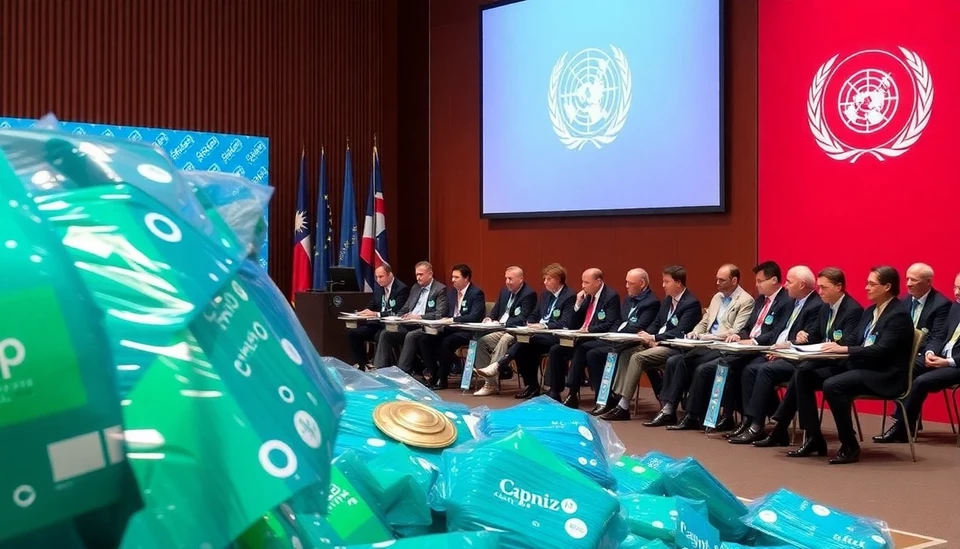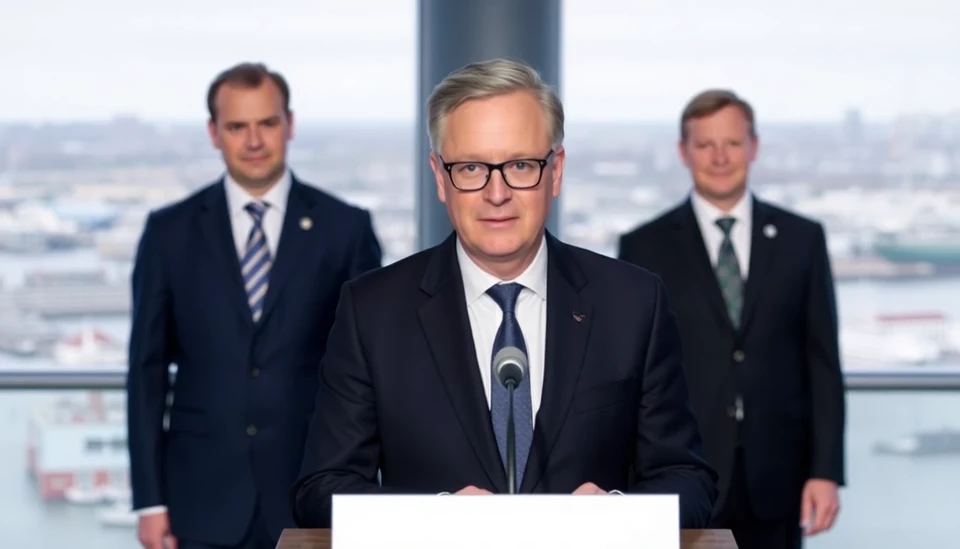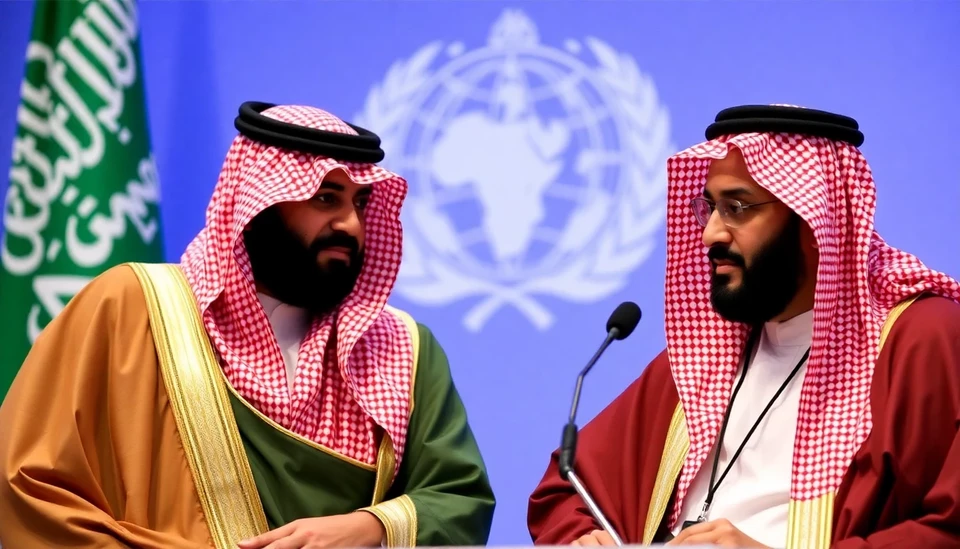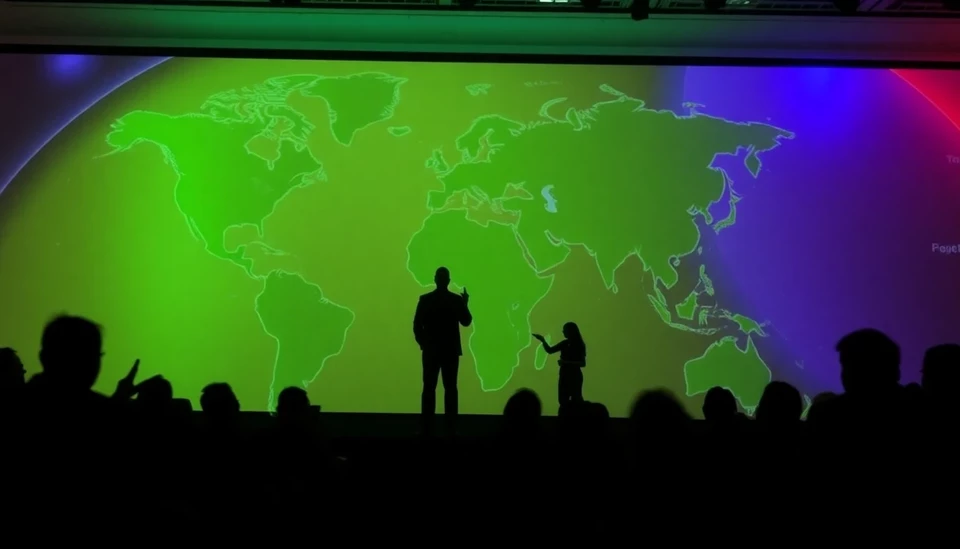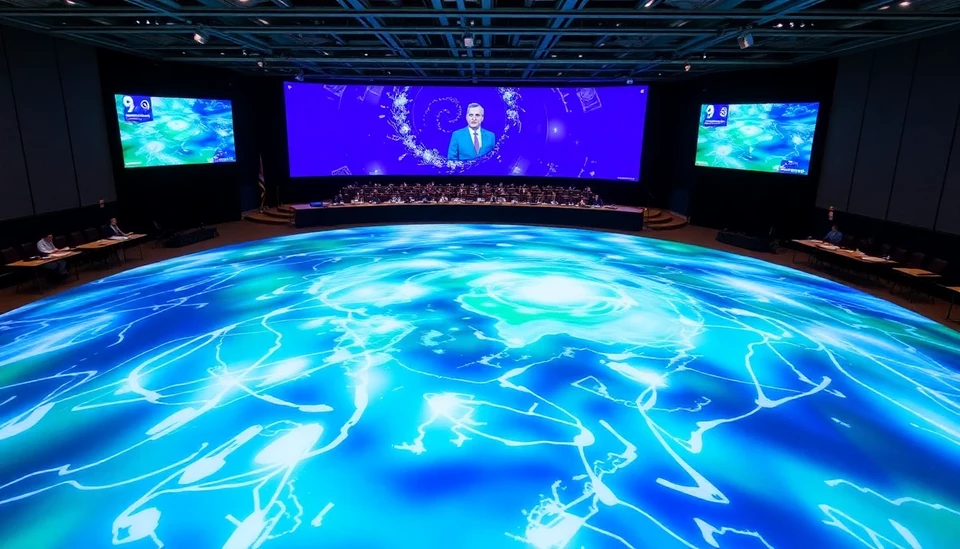
The ongoing COP29 climate conference has emerged as a critical platform for nations to negotiate and commit to climate action, yet it has equally been marked by challenges that underscore the persistent difficulties in achieving global consensus. Held in Abu Dhabi, the conference has showcased bold declarations and innovative strategies, but also revealed significant divisions among participating countries.
One of the most notable developments at COP29 is the push for enhanced financing to support climate resilience in developing nations. As the world grapples with the escalating impacts of climate change, there has been a concerted call from leaders of vulnerable countries for wealthier nations to ramp up their financial commitments. This is crucial to help these nations adapt to adverse climate effects and transition to greener technologies.
However, the discussions surrounding financial commitments have been marred by disagreements. While many developed nations have pledged to increase their contributions, the specifics of these promises remain murky. Some developing countries have expressed skepticism, fearing that the commitments may not meet their urgent needs for both adaptation and mitigation efforts.
Another contentious topic at the conference has been the carbon trading mechanisms. The need for a robust and transparent framework for carbon markets has been highlighted as essential for facilitating an effective transition to low-carbon economies. Nonetheless, critics argue that existing systems are fraught with loopholes that allow some countries to underreport emissions or even manipulate carbon credits, diluting the overall effectiveness of these initiatives.
The issue of fossil fuel dependency also loomed large at the gathering. While many advocates are calling for a concrete phasing out of fossil fuels, certain oil-rich nations have pushed back, arguing for a more gradual approach that honors their economic realities. The clash between the urgent ecological imperatives and economic considerations remains a critical theme at COP29, fueling debates around the future trajectory of global energy policy.
Furthermore, the role of technology in addressing climate challenges has been a focal point for many discussions. Innovations in renewable energy, carbon capture, and green hydrogen have been heralded as potential game-changers in the fight against climate change. However, a lack of widespread access to these technologies in less developed regions signals a stark divide that could hinder inclusive progress on climate goals.
As COP29 progresses, it appears that while there are steps toward meaningful dialogue and action, significant obstacles remain. The conference's outcomes will likely dictate the direction of future climate policies globally. As delegates and representatives continue their discussions, the hope is for a unified vision that addresses both the environment's urgency and the varied economic challenges faced by nations worldwide.
In conclusion, COP29 illustrates the complex dance of progress and setbacks that characterizes global climate negotiations. The importance of actionable commitments and transparent frameworks cannot be overstated as the planet faces an increasingly precarious future due to climate change.
#COP29 #ClimateAction #GlobalWarming #ClimateChange #Sustainability #Environment #FossilFuels #RenewableEnergy #GreenTechnologies #ClimateJustice
Author: Peter Collins

